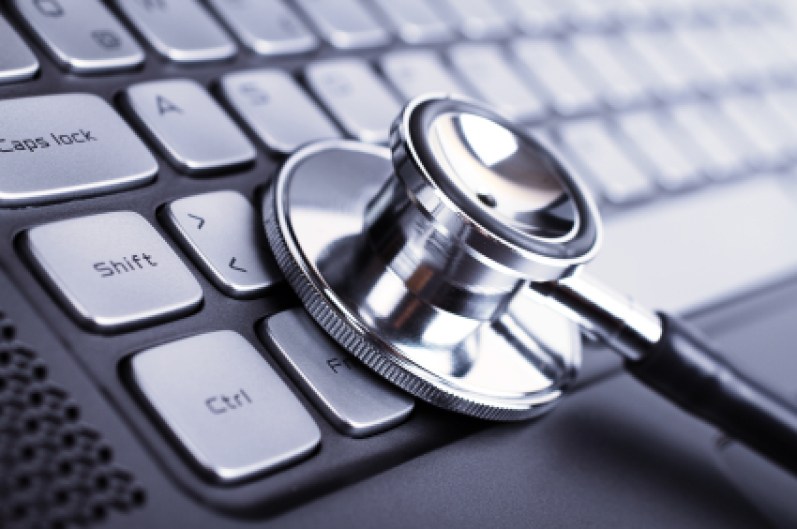Just like your car, your home appliances or anything else, computers can run out over time. With the rapid pace at which new technology becomes the news of yesterday, many of us never see the effects of time on our machines before they are relegated to scrap. Unfortunately, this often leads users to neglect the physical needs of their machines, which can lead to hardware failure. As computer owners struggle with economic difficulties, it’s good to know that we can all do something simple to increase the life of our machines.
Overheating is one of the most dangerous hazards for equipment and one of the simplest to minimize or prevent. Between the tiny moving parts and the electrical currents going through everything, the inside of your computer can become very hot and damage all the elements of your system. The first thing to do is to monitor the temperature of your PC. If the temperature is hot to the touch (not just hot) or if the temperature rises dramatically over time, you may need to step in. All computers have small fans to help disperse the heat generated inside the case. In an overheated computer, they may be down or just not powerful enough. You can replace these fans yourself (heat sinks) or hire a professional to do it for you. You can also reduce overheating problems by not pushing your computer beyond its capabilities (overclocking) and by ensuring that the vents are not obstructed.
Another simple problem to solve by users may surprise you: dust bunnies. Just as dust gets into the strangest places in your car, it also wraps around your computer case, where it can accumulate. Although most of the time it is safe, large piles of dust can damage moving parts or obstruct the ventilation holes of the heat sinks. The best solution is to periodically open your computer case and use “canned air” to remove the dust inside. Be sure to make sure the computer is turned off and unplugged before you open it to avoid damaging the hardware and yourself.
Although keyboards and mice are relatively inexpensive components, it’s always a good idea not to waste money to replace them, as they might just as well keep them running longer. Keyboards are often damaged when food or other small objects get stuck under the keys. To reduce risk, do not eat in front of your computer and do not store your keyboard if you do it. Standard mice, with an integrated ball in the bottom to follow the movement, must be used on a clean surface, such as a mouse pad. You must clean it regularly and keep it away from food, just as you would with a keyboard. If liquid spills onto any of the components, unplug it immediately and let it dry completely before checking to see if it is still functional (this will reduce the risk of a short circuit).
A great way to protect the components of your computer involves a minimal investment, but it can literally mean the life or death of your computer. Instead of plugging directly into a wall outlet or a single power strip, you can use a surge protector or a universal power supply to protect your computer from failures and spikes. Both of these problems result in huge amounts of hardware destruction and data loss each year. It is essential to have a universal power supply that is powerful enough to run your entire system in order to get the most out of it. It is therefore wise to consult a professional to know your energy needs if you choose this product. A surge protector does not provide the same protection against data loss in the event of a power failure, but is less expensive and provides the necessary protection for your equipment against voltage spikes.
